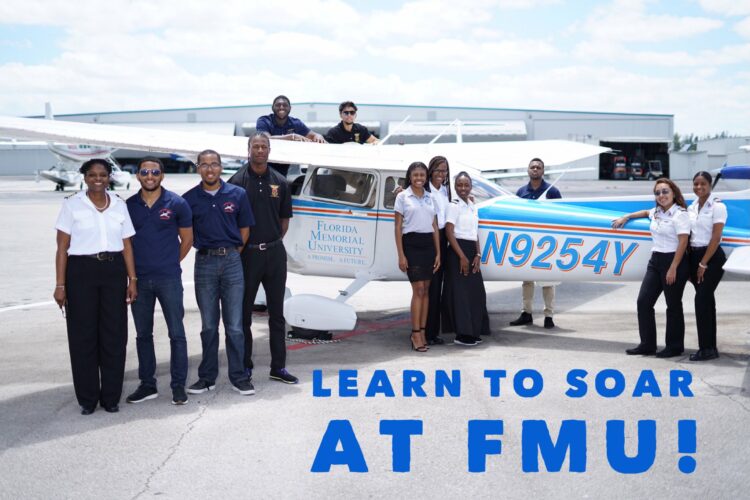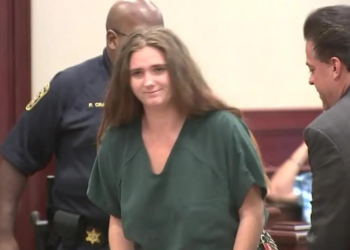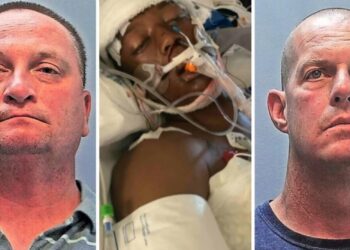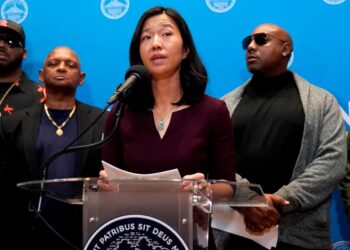Airlines have seen a shortage of pilots this summer due to cuts during the pandemic, which strongly impacted the increased number of flights due to the demand for traveling. The positive side is that the gap allows Black pilots to enter aviation. HBCU Florida Memorial University is making that happen.
Tremaine Johnson is a 21-year-old studying at FMU, located in Miami Gardens, FL, to become a pilot. Initially, he intended to be an air traffic controller but changed his mind after flying for the first time to Ohio.
“I could feel us going up and up,” Johnson told NBC News. “I felt an adrenaline rush.”
Johnson watched as the plane lifted further off the ground and, like many young ones, got scared when the captain revealed they were 30,000 feet in the air.
“I look at my dad, and he’s laughing,” the 21-year-old said. “At first, I was thinking, ‘I gotta get off this thing.’ But the pilot hit the thrust, and we just started climbing up in the air. I saw the whole Miami below me. I saw the houses get smaller and smaller. I saw the ocean. It was another world up there. And that’s when my curiosity became strong.”
While Johnson is gearing up to become a pilot, airlines are frantically looking for pilots due to shortages. According to NPR, thousands of pilots retired earlier during the pandemic, and the pandemic interfering with pilot training programs caused many not to join the industry. Johnson and other aviation students at FMU are contributing to increasing the number of Blacks in aviation. According to Zippia, 89.4% of whites work as pilots, 5.1% of Hispanics or Latinos, 2.1% of the unknown, 2% of Asians and %1.2 Black.
FMU has one small plane at the school, which Johnson was eager to fly. However, according to William McCormick, the chairman of FMU’s board of trustees and alumnus, the flight time cost is a bit expensive, even for a small plane. The ATP Flight School site reported that a flight school program for an experienced student costs $71,000; for an inexperienced student, it can be around $91,995. The program offers financial aid, and scholarships could be used, yet the price would still be hefty, especially for Black students.
“A lot of kids who don’t look like me can come to the program because they can afford to pay for flight time,” McCormick said. “We have to fix that so our students from an HBCU can join the program with ease, too. We want to be a pipeline for Black pilots just like we did with teachers and principals. But we need partnerships with people who care.”
McCormick is confident that the school will produce another historical aviator, and Johnson’s on the way to becoming it. The first was Barrington Irving, who became the youngest to fly a plane around the world alone and the first Black Jamaican to do it.
FMU’s website offers numerous scholarships that are accepting donations to assist students in their needs, including those in the aviation program. In July, The Figgers Foundation awarded $50,000 to the FMU School of Business and Aviation.















